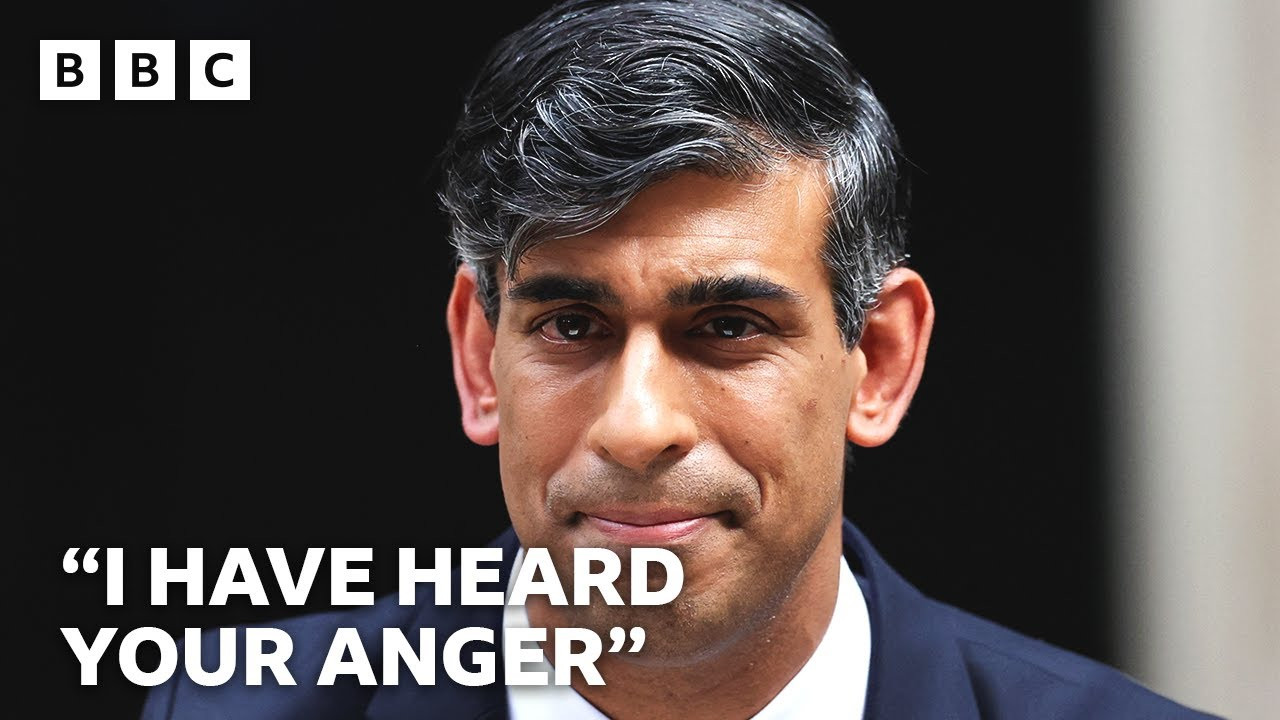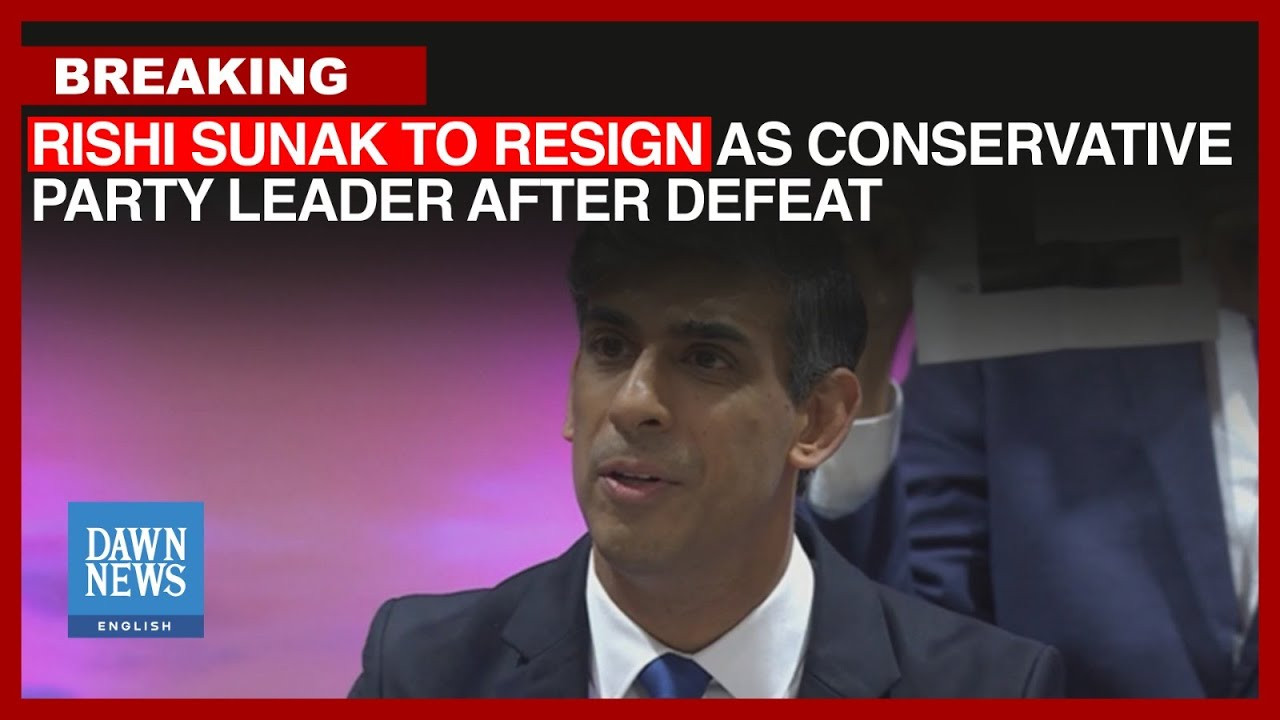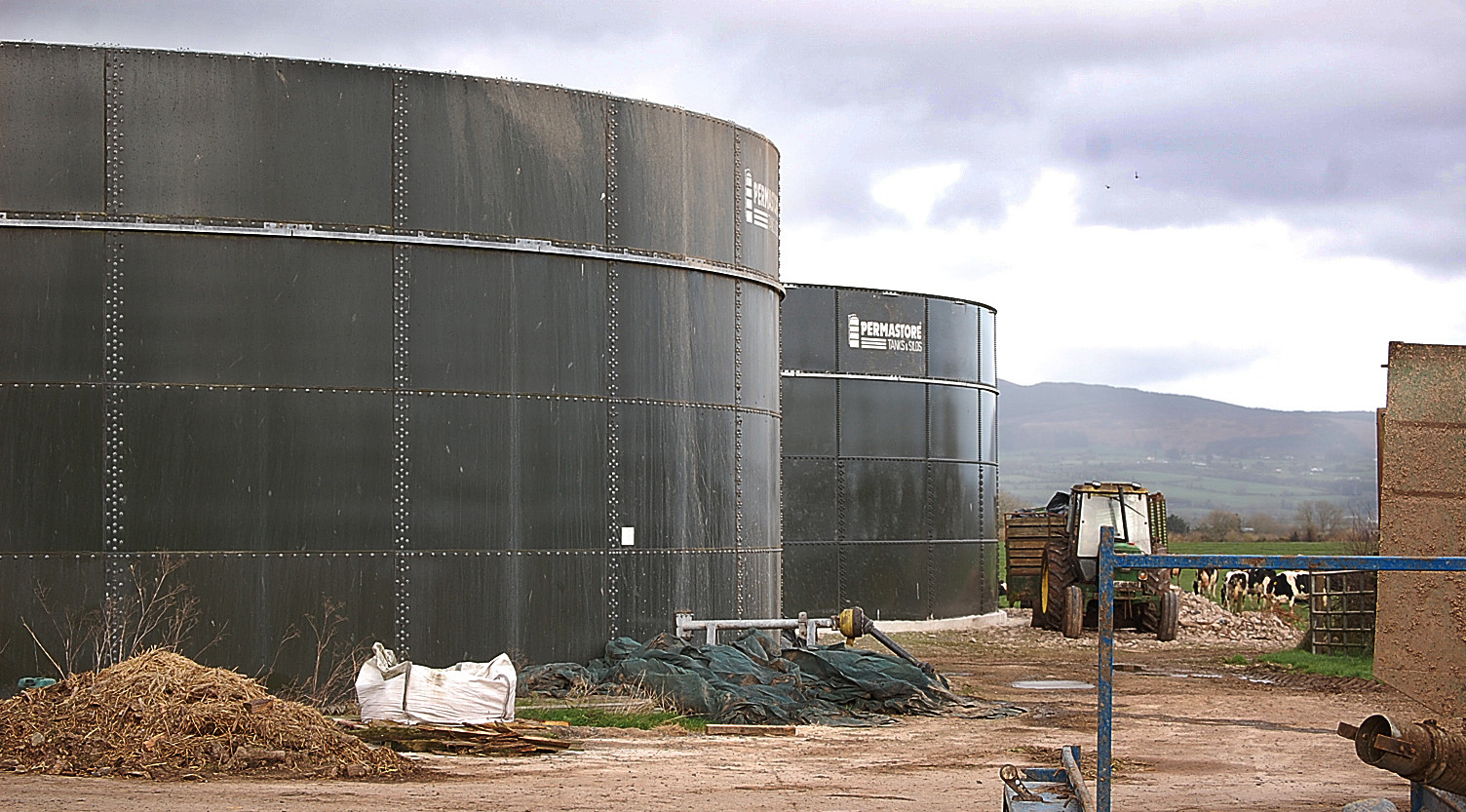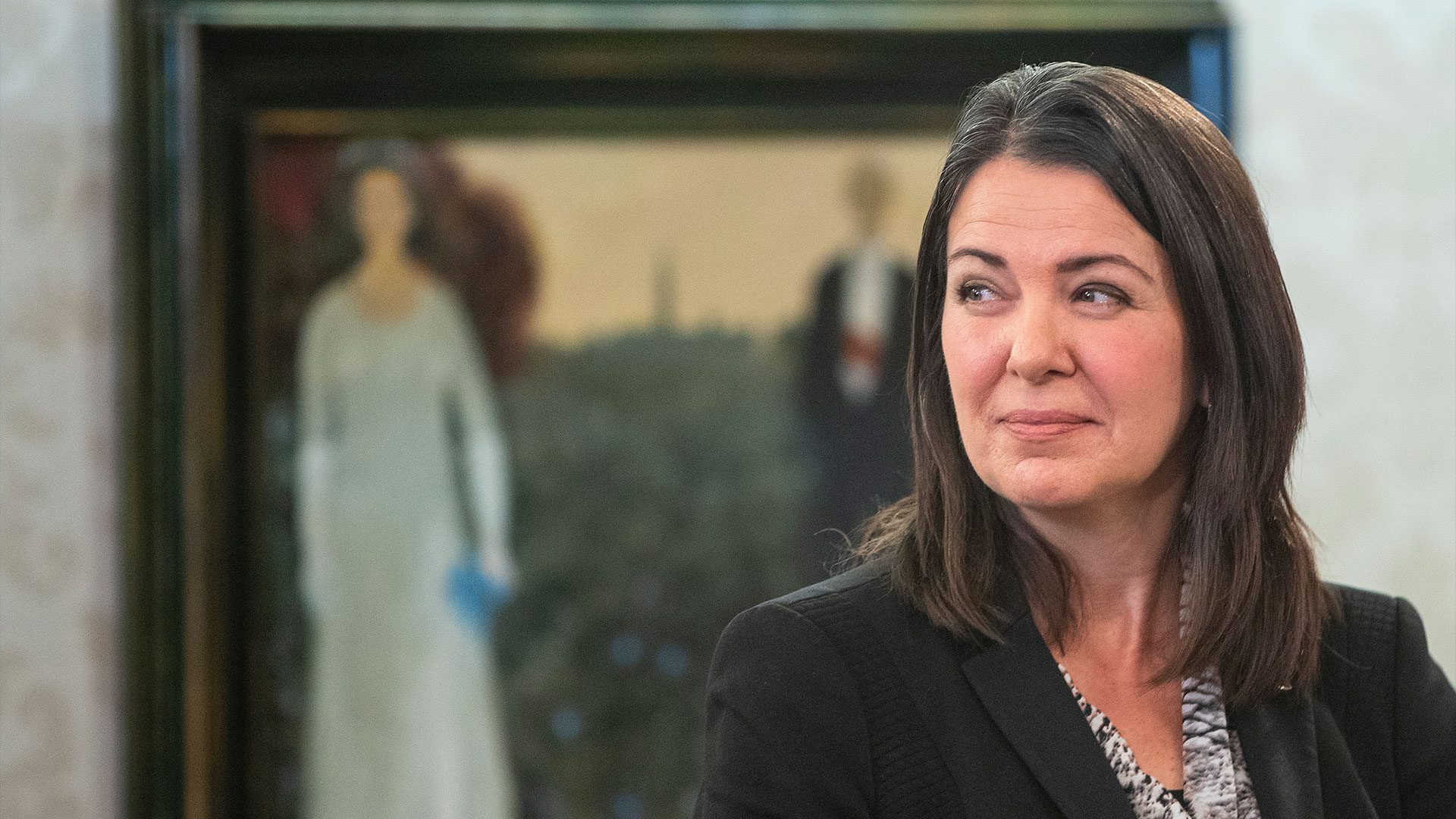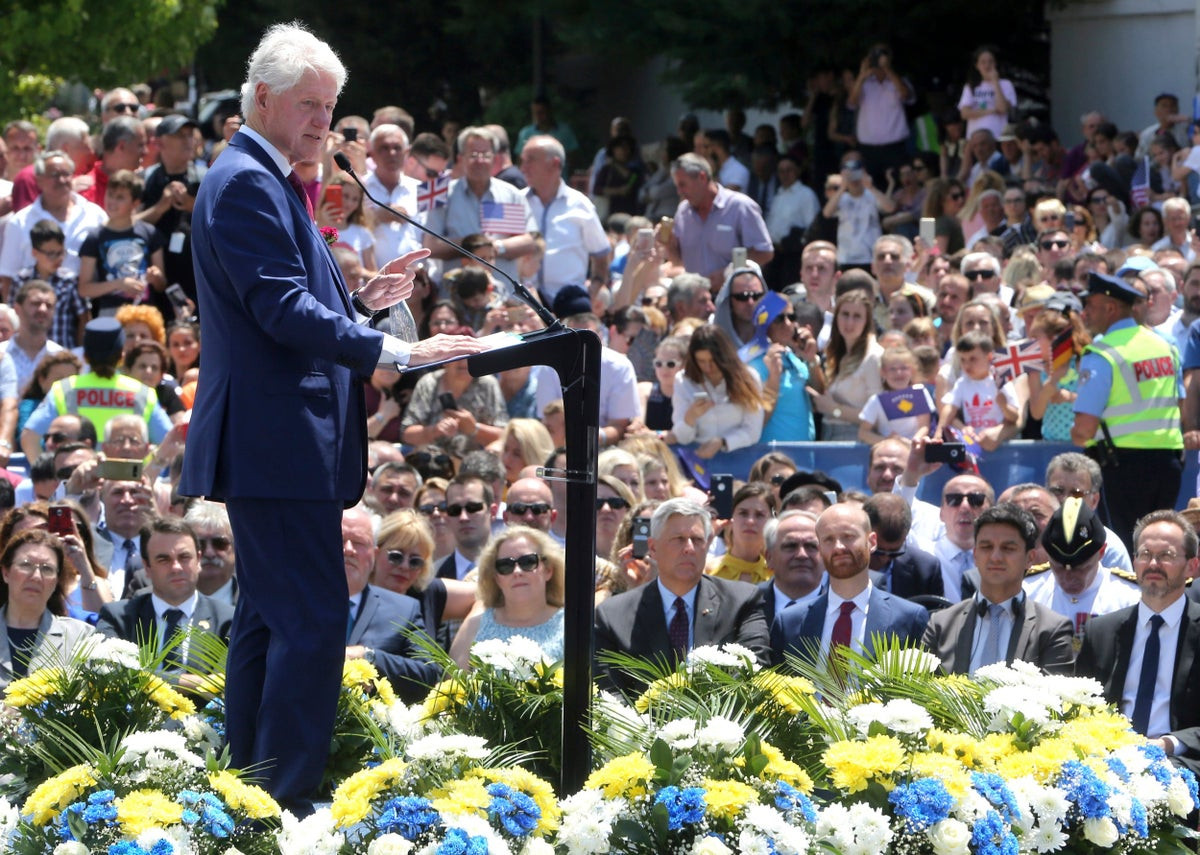In his last Commons performance, the former prime minister showed a new side to himself.
It has been an eventful decade for Rishi Sunak. Ten years ago this month, as a bright-eyed hedge fund manager with no political experience but a first in PPE from Oxford, he was selected to succeed William Hague as the Conservative candidate for Richmond in Yorkshire. Today – having delivered several of his own budgets as chancellor and faced Keir Starmer in dozens of PMQs sessions – he stood at the despatch box as leader of the opposition and delivered what is all but certain to be his final performance in frontline politics.
Or perhaps that should be his final performances. Because there were two Rishi Sunaks in the House of Commons today – both dramatically distinct from his persona as prime minister.
First came his valedictory PMQs. There are moments when Westminster decides en masse to put aside party political differences. The last time that happened was the PMQs just before Sunak called the election, when the House was roused to four protocol-breaching standing ovations for the Tory MP Craig Mackinlay, who had returned to the chamber having had his hands and feet amputated due to sepsis. Mackinlay, now elevated to the Lords, was sat in the balcony next to the similarly ennobled Theresa May to see Sunak off. They smiled as both Starmer and the Speaker thanked him for his contributions and commended him for his service.
Sunak’s farewell questions to Starmer were a whistle-stop tour through issues close to his heart: the coast-to-coast trail that runs through Yorkshire, grassroots cricket, AI, stability in Northern Ireland, Nato and Ukraine, and diversity in the UK. It was a heart-warming and gracious exchange: Sunak at one point urged the PM to “find his inner tech-bro”, while Starmer joked he thought Sunak was going to invite him to go walking with him. And both expressed their pride that, when Sunak became the first British Asian prime minister, “it was no big deal”.
There was a glimpse, as the two men were thanking and agreeing with one another, of a parallel universe: two hard-working technocrats setting aside their ideological differences to recognise their shared belief in making the country better. Sunak was magnanimous, funny, and above all relaxed. It is a side of him we have seen more of since the election, in contrast to the tetchiness that marked his time as Prime Minister.
Then something changed. In the hour and seventeen minutes it took Rachel Reeves to deliver her Budget, Sunak changed. When he took to his feet again to respond, he was no long a serene statesman but a ball of ferocious rage.
Sunak’s speech was short, sharp and furious. He accused the Budget of containing “broken promise after broken promise”, called the measures “a poll tax on business”, and berated Reeves’ justifications with the jibe “this is not her inheritance, these are her choices”. Never a particularly dramatic speaker when representing the government, in his last outing as leader of the opposition Sunak found his voice. Instead of the shy son of a pharmacist, we saw him channel his inner preacher. He was clamouring as he led the reduced but united crop of Tory MPs on the benches behind him – a scornful Greek chorus – in a cult-like refrain. National Insurance, capital gains tax, inheritance tax, energy taxes – up up up up.
Where did this sudden burst of passion come from? Perhaps the Coca-Cola had belatedly kicked in, perhaps it was a rush of euphoric adrenaline at knowing he never had to do this again. Or perhaps there was something deeper stirring within Sunak as he repeated his “we warned you” message: “I said it during the election campaign, you name it, they’ll tax it.”
Labour will of course argue that the holes in the nation’s finances were blown there by the Conservatives – and voters can choose whether or not to believe it. But this was Sunak’s Cassandra moment: he warned the country about Labour tax rises and was ignored; he warned Tory party members about the catastrophic risk of Liz Truss’s fiscal fantasies and was ignored.
We saw Sunak try to conjure up righteous indignation while prime minister, managing only sort of fabricated petulance. This was different. This was catharsis. All the pent-up emotion of an 18-month spell at an impossible job, attempting to hold together an impossible party and govern an impossible country, culminating an impossible election campaign that went into soggy free-fall the moment it began. All that frustration, all that outrage, dashed against the despatch box in one final moment of unleashed rhetorical force.
What might have been had we seen more of this side of Sunak earlier in his political career? Maybe he would have crashed and burned long ago. But the rhythm of Westminster is odd and unpredictable. Sunak shot to the top quickly. He was given the job of chancellor after just five years as an MP in part thanks to his reputation as someone who would stick to spreadsheets and stay out of trouble. Maybe it would have taken him longer had he been considered more spiky early on. Or maybe it would only be now that Tory MPs started to whisper that the young MP for Richmond and North Allerton might have a bright political future ahead of him.
It is the statesman Sunak that history will likely remember. He has a few cross-party achievements to burnish his legacy – the Windsor Framework in Northern Ireland, leading the UK’s support of Ukraine, the smoking ban Labour adopted – but mostly he will be remembered for stabilising the ship after the Truss chaos. Whenever he jets off to California, you can imagine him in the distant future popping back for state events and cricket matches, maybe chatting to Keir Starmer in the background behind whoever happens to be leading the government at that moment. Maybe the pair will indeed become friends and author reports together, as Sunak pointed out erswhile rivals Tony Blair and William Hague have done.
Who knows what will become of the other Sunak. But I wouldn’t want to meet this one on the coast-to-coast Yorkshire trail after that performance.




